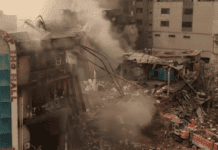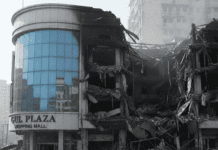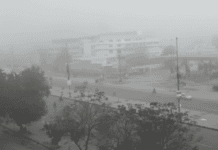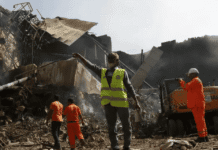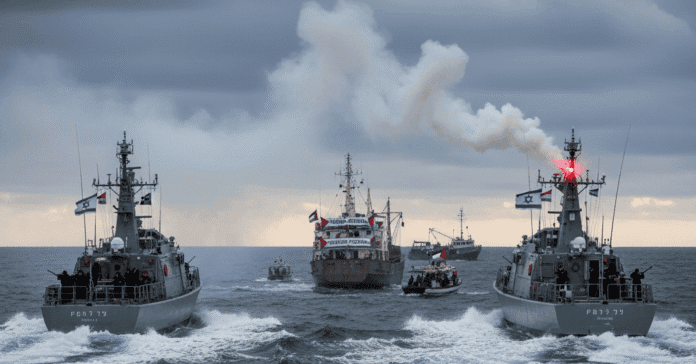The Middle East remains one of the most sensitive geopolitical regions, and recent news shows that Israel intercepts Gaza flotilla attempting to break the blockade of the Gaza Strip. This incident has sparked renewed debates about humanitarian aid, maritime security, and the ongoing conflict between Israel and Palestinian groups. Each interception draws international attention, with reactions from governments, activists, and human rights organizations.
Background of the Gaza Flotilla Movement
The flotilla movement began over a decade ago when international activists and NGOs tried to deliver humanitarian aid to Gaza. The territory, governed by Hamas, has faced strict restrictions due to Israel’s blockade.
Whenever Israel intercepts Gaza flotilla, it cites security concerns, arguing that weapons or military equipment could be smuggled under the cover of aid shipments. On the other hand, activists insist that such actions prevent essential supplies like food, medicine, and building materials from reaching civilians who already live under harsh conditions.
For historical context, see Al Jazeera Coverage.
Details of the Recent Interception
In the latest event, Israel intercepted the flotilla in international waters before it reached Gaza. The Israeli Navy surrounded the vessels, issued warnings, and boarded the ships. Passengers were detained, and the cargo was inspected before being redirected.
Israeli authorities claim intelligence suggested some cargo may not have been purely humanitarian. Activists deny these allegations, asserting full transparency in their aid efforts.
International Reactions
Each time Israel intercepts Gaza flotilla, reactions are immediate and polarized. Supporters of Israel stress national security and preventing weapons from entering Gaza. Conversely, humanitarian groups criticize the blockade, calling it a violation of international law.
Recently, the European Union urged restraint and requested that Israel allow humanitarian aid into Gaza without obstruction. Meanwhile, Palestinian leaders condemned the interception, viewing it as evidence of ongoing oppression. The repeated incidents have become symbolic of the wider Israeli-Palestinian conflict.
For global perspectives, check BBC News Middle East.
Humanitarian Concerns
Every interception raises serious humanitarian concerns. Gaza’s residents face shortages of electricity, clean water, and medical supplies. The United Nations has repeatedly warned about the worsening humanitarian crisis. Aid organizations argue that stopping flotillas not only denies basic necessities but also discourages international solidarity.
For humanitarian updates, see UN OCHA Middle East.
Impact on Regional Politics
Regular interceptions influence Middle East politics. They strain Israel’s relations with neighboring countries and divide international opinion. Domestically, such incidents often fuel nationalist sentiment in Israel, while in Gaza, they increase anger and frustration.
Future of the Flotilla Movement
Despite repeated interceptions, activists continue their efforts. Every interception brings renewed international attention to the blockade, which is a central goal of the flotilla organizers. Their mission is not only to deliver aid but also to highlight the humanitarian situation in Gaza.
As long as the blockade continues, attempts will likely persist, and the headline “Israel intercepts Gaza flotilla” will remain in international news. The issue has grown beyond logistics—it represents the broader struggle for rights, sovereignty, and humanitarian relief.
Final Thoughts
The repeated events where Israel intercepts Gaza flotilla show the complexity of the Israeli-Palestinian conflict. They highlight the tension between national security and humanitarian responsibility. While Israel prioritizes border protection and threat prevention, civilians in Gaza bear the heaviest burden.
The world closely watches each interception, hoping for a balance between security and compassion. Until then, the waters near Gaza remain a contested space where politics and humanity intersect.

